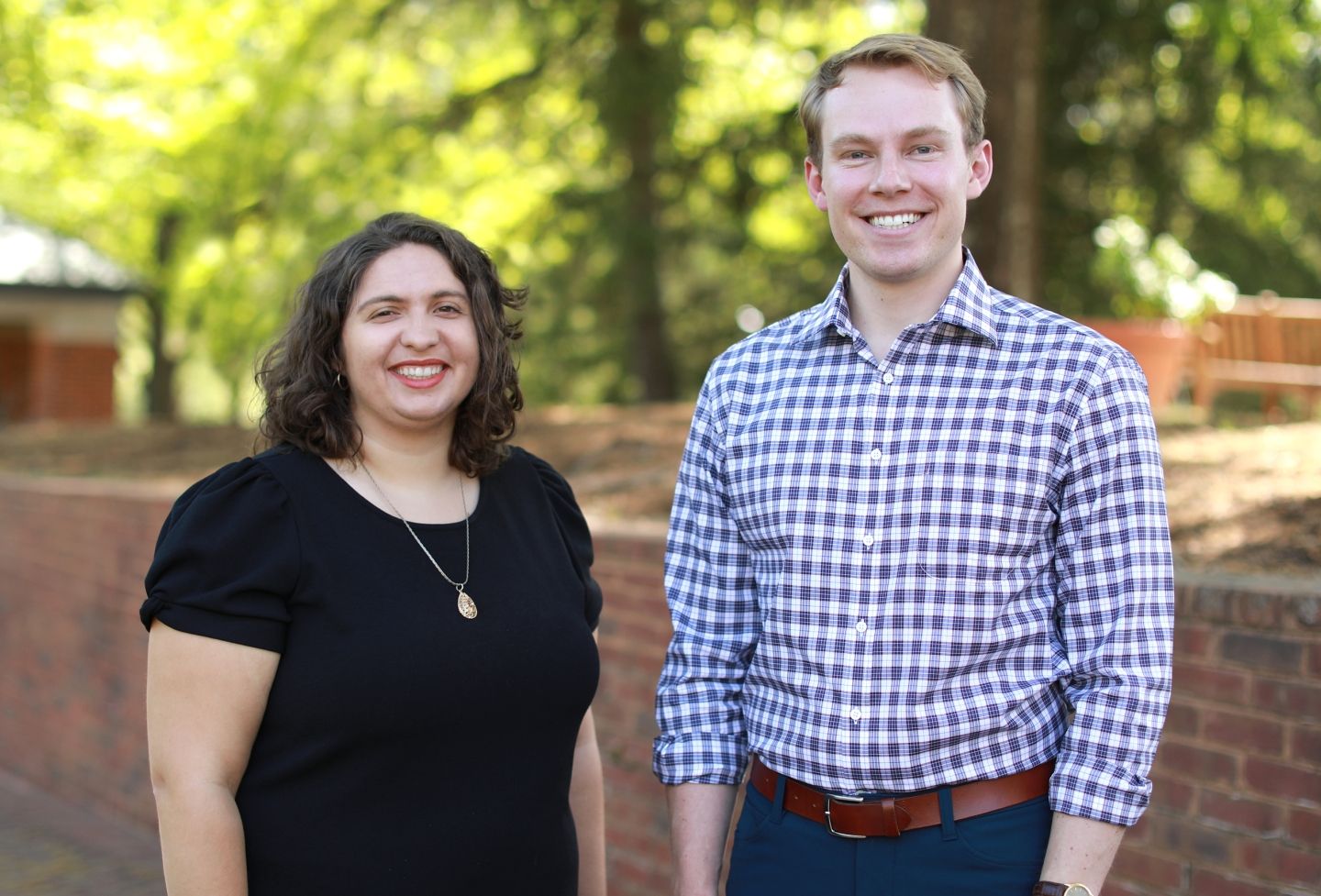Naomi R. Cahn, an influential scholar in the field of family law, as well as trusts and estates and feminist jurisprudence, will join the University of Virginia School of Law faculty in the fall.
Cahn has been on the faculty of the George Washington University Law School since 1993.
“Naomi Cahn is one of those scholars who makes you say ‘wow’ when you consider the breadth of her contributions to the academy,” UVA Law Dean Risa Goluboff said. “With an eye to evolving understandings of gender identity, sexual orientation, and reproductive technologies, her scholarship explores cutting edge issues in family law, trusts and estates, and related constitutional law. Naomi is also a dedicated teacher, a generous leader within the academy and the profession, and an important public voice in areas of her expertise. We are delighted to welcome her to the Law School.”
In 2017, Cahn won the Harry Krause Lifetime Achievement in Family Law Award from the University of Illinois College of Law.
A co-author of the widely used casebook “Contemporary Family Law,” Cahn is active in the public conversation. Having penned more than 100 law review articles and book chapters, she is a frequent voice in the mainstream media too. She is a senior contributor to Forbes through its Leadership Channel, the family law section co-editor at Jotwell and an author of several books for the mass market. Her co-authored book “Red Families vs. Blue Families: Legal Polarization and The Creation of Culture” explores how the partisan political divide is reflected in differing patterns in family life and sexual values.
“The book really struck a chord with people, making an impact outside the legal field,” she said.
She has also written important works on feminist jurisprudence, reproductive technology and other topics. She is currently on sabbatical, working on her latest co-authored book, tentatively titled “Shafted: The Fate of Women in a Winner-Take-All World,” to be published by Simon and Schuster.
Cahn hasn’t just written about how the law can be improved; she has actively pursued reform through her many involvements, including her work as a reporter with the Uniform Law Commission. One of those projects involved how the trusts and estates field should handle digital assets when a family member dies. She said it’s the “What happens to your Facebook account when you die?” question, as well as many others that fall within the digital category. Cahn and her colleagues developed model legislation so that fiduciaries can have the ability to control or copy digital content as needed, respecting the expressed wishes of the deceased.
So far, more than two-thirds of states (including Virginia) have adopted the legislation in some form.
Cahn was chosen by the commission, in part, based on her award-winning articles “Postmortem Life On-Line” and the co-authored “When You Pass on, Don’t Leave the Passwords Behind: Planning for Digital Assets.” Both were published in Probate and Property Magazine, which honors its best articles each year.
She is currently working on model legislation with the commission on the economic rights of unmarried cohabitants, which would help improve equity related to co-investment in property, as one example.
“The things that we’re dealing with are things like what happens if you jointly invest in real estate, what happens to that house when you split up — the economic rights couples have against one another” she said.
Cahn is a member of the American Law Institute, an elected fellow of the American College of Trust and Estate Counsel, associate editor of the ACTEC Law Journal, and a member of the American Bar Foundation. In addition, she has chaired and been on the Steering Committee for some of the major Association of American Law Schools sections, such as Women in Legal Education, Family & Juvenile Law, Aging and Africa.
Cahn has also been recognized for her efforts developing and mentoring others. At George Washington, she served as associate dean for faculty development for more than four years. She said she looks forward to interacting with her new colleagues and mentoring UVA Law students.
“I’m so delighted to be joining such an intellectually vibrant community,” she said. “When I was trying to make my decision, I spoke with a Virginia student who told me that she almost wished there was a fourth year of law school. That’s so unusual to have students who are so enthusiastic about being in law school and their professors.”
She added, “I learn from my students. Teaching is an incredibly rich source of engagement, and my classes often inspire my scholarship.”
Cahn’s formative experiences included teaching a clinic at the Georgetown University Law Center that focused on employment discrimination and domestic violence cases; working for Community Legal Services in Philadelphia, representing parents accused of abuse or neglect; and working on educational desegregation cases as an associate for a Washington, D.C., law firm.
She earned her J.D. from Columbia Law School, her LL.M. from Georgetown and her undergraduate degree from Princeton University.
Follow Naomi Cahn on Twitter at @NaomiCahn.
Related Scholarship
- “What’s Wrong About the Elective Share ‘Right’?” (forthcoming 2020).
- “Women, Rule-Breaking, and the Triple Bind” (with June Carbone and Nancy Levit), 87 Geo. Wash L. Rev. 1105 (2019).
- “Blackstonian Marriage, Gender and Cohabitation” (with June Carbone), 51 Ariz. St. L.J. 1247 (2019).
- “Gender and the Tournament: Reinventing Antidiscrimination Law in the Age of Inequality,” (with June Carbone and Nancy Levit), 96 Tex. L. Rev. 425 (2018).
- “The Golden Years, Gray Divorce, Pink Caretaking and Green Money,” 52 Fam. L. Q. 57 (2018).
Founded in 1819, the University of Virginia School of Law is the second-oldest continuously operating law school in the nation. Consistently ranked among the top law schools, Virginia is a world-renowned training ground for distinguished lawyers and public servants, instilling in them a commitment to leadership, integrity and community service.


